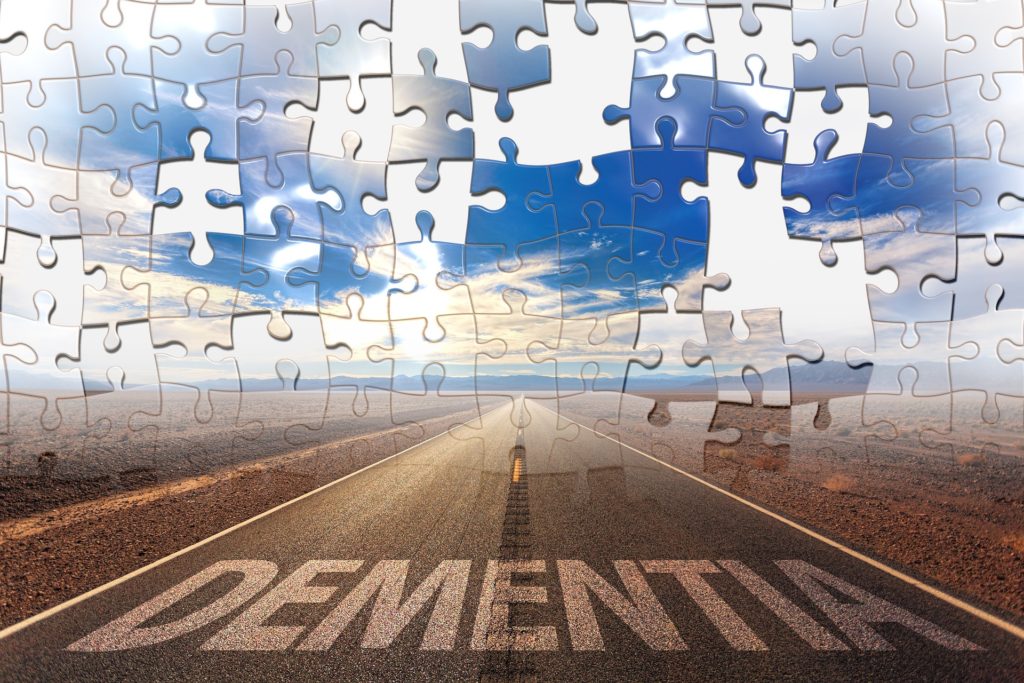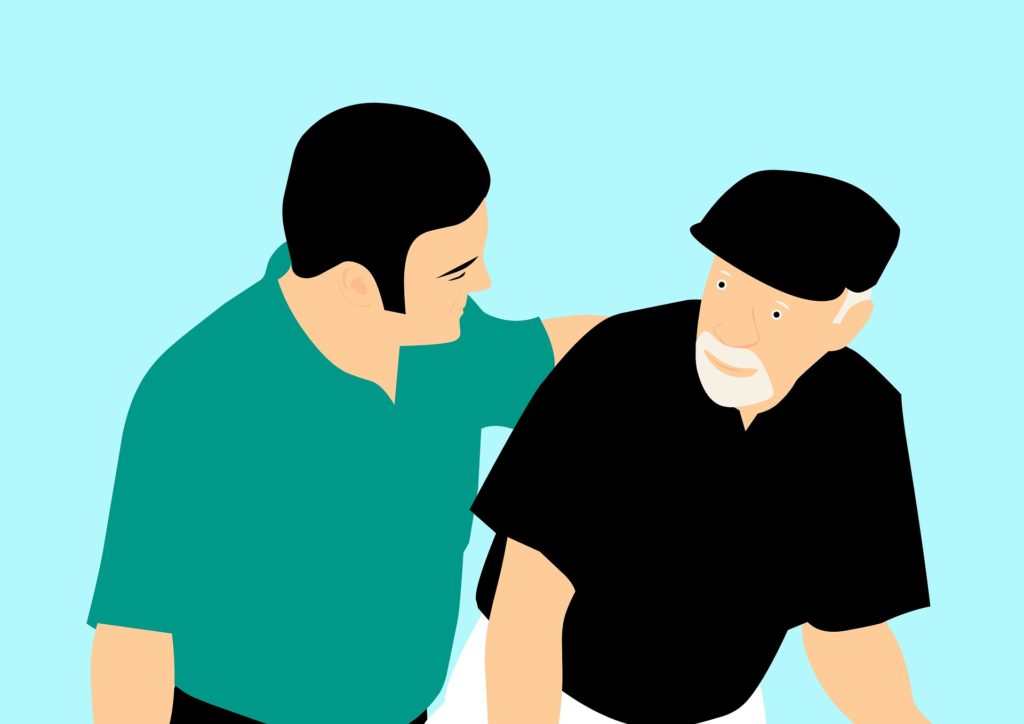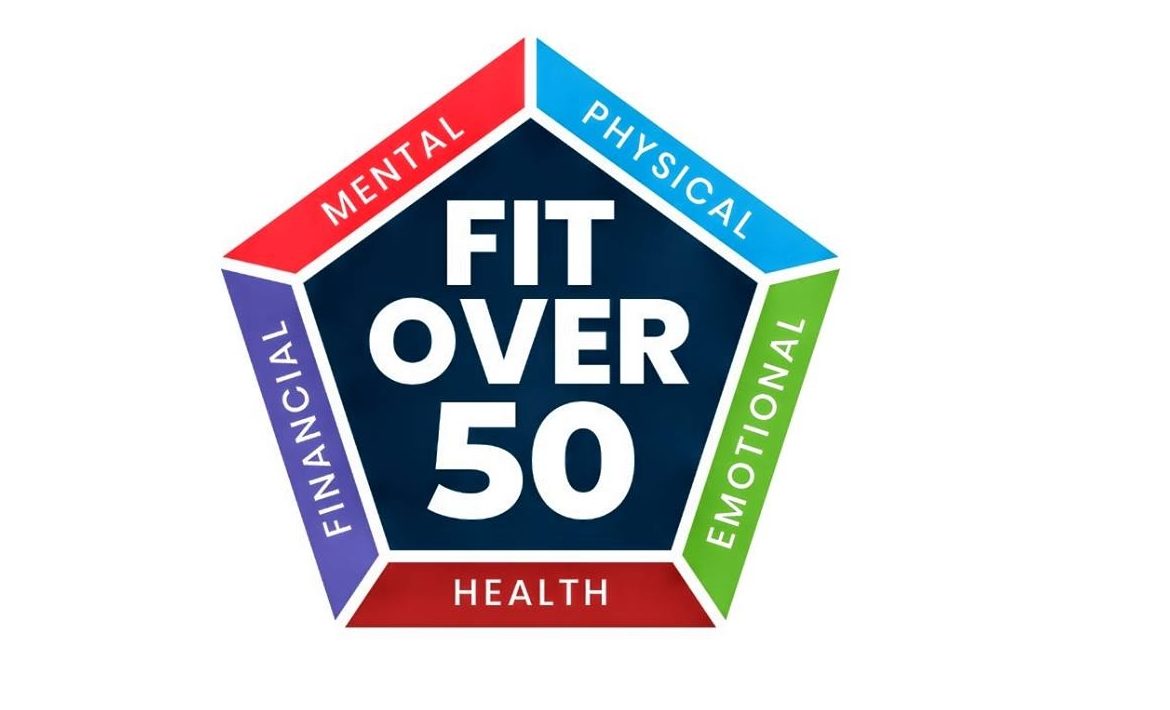
When most people think of Dementia, they think of a disease that causes rapid memory loss and confusion. While this is one symptom of Dementia, there are many others. How can leisure activities for people with dementia help?
Dementia can cause a decline in physical abilities, changes in emotions and behavior, and problems with communication.
For people with Dementia, participating in leisure activities can be a challenge. However, there are many different types of leisure activities that people with Dementia can enjoy.
Cognitive Activities
Cognitive leisure activities are activities that emphasize mental stimulation. These activities require mental responses by the individuals involved in the action.
Activities in the class are slow-paced and allow plenty of time for discussion. This is a tremendous cognitive leisure activity for people with Dementia. Discussion allows for mental stimulation as well as social interaction.
Physical Activities
Physical leisure activities are activities that require movement and exercise. These activities can improve strength, coordination, and balance. They can also help to reduce stress and anxiety. Dancing is a tremendous physical leisure activity for people with Dementia. It requires movement and coordination and can be done at any pace.
Social Activities
Social leisure activities are activities that mainly focus on community interaction. They help meet and improve people and relationships. Playing cards or board games are great social leisure activities for people with Dementia. They provide an opportunity for social interaction and laughter.
Leisure As Activity
People living with Dementia often find themselves overwhelmed with the stress and confusion of their diagnosis. Leisure can provide a much-needed break from the chaos and can help improve the overall quality of life.
Leisure activities offer a sense of control and mastery, which is especially beneficial for those who feel out of control due to Dementia. Leisure can also provide opportunities for socialization and stimulation, both of which are essential for people with Dementia. By providing opportunities for leisure, we can help improve the quality of life for those with Dementia.
Finding Free Time For Caretakers To Engage In Leisure Activities For Dementia Patients
It can be challenging for caretakers to find time for leisure activities with their dementia patients. Scheduling is vital to ensure that both the caretaker and the patient have enough time for rest and relaxation. A few things can be done to help make scheduling easier.

Read this article about alzheimer’s
Make A Plan
The first step is to sit down and figure out what the patient enjoys doing. This can be as simple as walking outside or reading a book together. Once the caretaker knows what the patient wants, they can start scheduling time for those activities in their day.
It’s also important to remember that not every day needs to be jam-packed with activities. Sometimes it’s okay to relax and take it easy. This can help reduce stress for both the caretaker and the patient.
Scheduling is integral to caring for someone with Dementia, but it’s not impossible. With a little effort, everyone can find time for leisure activities that both parties will enjoy.
Leisure Activities Examples
The benefits of leisure activities for people with Dementia are vast. Leisure activities can help to improve mood, increase social interaction, provide stimulation, and support cognitive function.
One study looked at the effects of a music and reminiscence group intervention on the moods of people with Dementia. The study found that the intervention group had significantly higher positive and lowered harmful affect levels than the control group.
These findings suggest that leisure activities can benefit people with Dementia by increasing their positive moods and reducing their negative attitudes.
Leisure Activities Improve Social Interaction
Leisure activities can also help to improve social interaction for people with Dementia. One study looked at the effects of a social activity program on the social interactions of people with Dementia.
The study found that the program participants had significantly more social interactions than the control group. These findings suggest that leisure activities can help to increase social interaction for people with Dementia.
What Are Some Good Activities For Someone With Dementia

Read About How Exercise And meaningful Activities Help With Dementia
People with Dementia can benefit from a variety of activities, both indoor and outdoor. These activities can help to keep them active, engaged, and stimulated. Some practical activities for people with Dementia include:
Playing games to keep the mind active and stimulated, card games, word games, and puzzles are all great options that can help do the trick. For people with Dementia, these activities can be especially beneficial, as they can help keep the mind active and engaged.
This is important as Dementia can often lead to a decline in cognitive function. By participating in fun and stimulating activities like card games and puzzles, however, people with Dementia can help to offset some of these effects and retain their mental sharpness for longer.
Going For Walks
A brisk walk outdoors is an excellent way to improve your health, get some exercise, and enjoy some fresh air. However, for seniors with Dementia, this simple activity can provide a wealth of additional benefits.
Outdoors, seniors with Dementia can see new sights, smells, and sounds. This can help to stimulate their minds and keep them engaged. In addition, being in nature can boost moods and provide a sense of calm.
Walks outdoors can also be a social opportunity. Seniors can chat with friends and family members or enjoy the company of others. This can help to reduce feelings of loneliness and isolation.
Overall, taking walks outdoors is an excellent way for seniors with Dementia to stay healthy and connected to their community.
Listening To Music
People with Dementia often find relief and relaxation in listening to music. It can be a relaxing and calming activity for them and help improve their moods.
In addition, listening to music can help to stimulate the brain and improve cognitive function. This is because music engages many different parts of the brain at once. For people with Dementia, listening to music can be a fun and stimulating way to spend their time. And it can provide some much-needed relief from the challenges of the condition.
Watching Movies Or TV
It can be tough living with Dementia, but watching movies or TV can be a fun way to pass the time and keep the mind active. Many different types of movies and TV shows can appeal to people with Dementia, ranging from comedies to dramas to documentaries.
Movies and TV shows can help people with Dementia stay connected to the outside world and provide a sense of familiarity in a confusing and often challenging world. They can also help stimulate memories and promote social interaction.
Engaging In Arts And Crafts
People with Dementia often experience a decline in cognitive function and motor skills.
This can make everyday activities more complex and lead to feelings of isolation and boredom. However, many activities can help to stimulate the mind and provide a creative outlet for people with Dementia.
Coloring, painting, and crafting are all great examples of activities that can help to keep the mind active and engaged. In addition, these types of activities can often be enjoyed by people with Dementia regardless of their level of impairment, making them an excellent option for inclusion in group activities.
By providing opportunities for creativity and self-expression, we can help people with Dementia to maintain a sense of identity and independence.
Low Impact Physical Activity
In recent years, there has been a growing interest in the benefits of low-impact physical activity for people with Dementia. Studies have shown that regular exercise can improve cognitive function, mood, and overall quality of life for those with the condition.
One reason physical activity is so beneficial for people with Dementia is that it helps keep the brain active and engaged.
Exercise can help to promote new neural connections and slow down the progression of the disease. It can also help to improve mood and reduce anxiety and depression, which are common symptoms of Dementia.
Physical activity can also be beneficial for managing common symptoms associated with Dementia, such as problems with balance and mobility.
Low-impact exercises, such as walking or swimming, are ideal for those with Dementia because they are gentle on the body and can be done at any fitness level.
Are Board Games Good For Seniors With Dementia?

There is debate over whether board games are suitable for seniors with Dementia.
Some people believe that the stimulation and challenge of board games can help improve cognitive function and memory. In contrast, others worry that the complexity of some games may be too difficult for those with Dementia to manage.
Ultimately, it is up to the individual senior and their family to decide what activities are most beneficial. If board games seem like a good option, it is essential to choose ones that are simple and easy to understand, with clear goals and objectives.
What Other Games Are Good For Seniors With Dementia?
One of the many things that people with Dementia enjoy is playing games. While board games are popular, other games can be enjoyable for seniors with Dementia. Some examples include card games, word games, and puzzles.
Card games can be a lot of fun for seniors with Dementia. There are a variety of card games that can be played, such as Go Fish, War, and Solitaire. These games can help to improve memory and problem-solving skills.
Word games are another excellent option for seniors with Dementia. Games like Scrabble and Boggle can help to improve vocabulary and thinking skills. They can also be a lot of fun and provide a challenge.
Puzzles are another great option for seniors with Dementia. Puzzles can help to improve memory and problem-solving skills. They can also be a lot of fun and provide a challenge.
What Crafts Are Good For Dementia Patients?
People with Dementia can often benefit from engaging in activities stimulating the mind and body. Crafts are a great way to do this, as they require focus and concentration while providing an opportunity for creative expression.
Some crafts that may be especially beneficial for people with Dementia include quilting, knitting, and coloring. These activities can help improve hand-eye coordination, fine motor skills, and cognitive function.
In addition, they can provide a sense of purpose and accomplishment and a sense of connection to others. Crafting with others can also be a social activity that encourages interaction and communication.
What Is The Best Activity Or Fitness Event For Dementia?
For those living with Dementia, staying active and engaged is critical to maintaining the quality of life. However, finding a suitable activity or fitness event can be daunting. There are so many options available, each with its unique benefits. So, what is the best activity or fitness event for those with Dementia?
Animal-Based Activities Help
Since the early 2000s, there has been an increased focus on using animals in therapy for those living with Dementia. Animal-assisted therapy has been found to provide various benefits for those with Dementia, including improving cognitive function and memory, reducing stress and anxiety levels, promoting socialization, and increasing overall happiness.
One study, published in the journal BMC Geriatrics, looked at the effects of animal-assisted therapy on cognition and quality of life in people with Dementia.
The study found that those who participated in animal-assisted therapy showed improvements in cognitive function and memory recall and decreased stress and anxiety levels. In addition, the participants reported feeling more socially connected and happier after participating in the therapy sessions.
These findings support previous research that has shown the positive effects of animal-assisted therapy on people with Dementia. Animal-assisted therapy can be a valuable tool for managing the symptoms of Dementia and improving the quality of life for those affected by this condition.

Art Classes And Music Therapy Help As Well
People with Dementia can benefit from various activities and events, such as physical activity programs, art classes, and music therapy.
These activities provide various benefits that can help improve the quality of life for those with Dementia. Ultimately, finding an activity or event that engages the person and offers meaningful stimulation is vital.
Physical activity programs can help improve overall health and wellbeing. Art classes can encourage creativity and expression, while music therapy can promote positive emotions and social interactions. Each of these activities can be a great way to connect with someone living with Dementia and help provide them with some much-needed stimulation and joy.
What Are Examples Of Cultural Activities?
People with Dementia often enjoy engaging in cultural activities. Some examples include attending a museum, going to the theater, or listening to music. These activities can help stimulate the mind and provide a sense of purpose. They can also be a source of social interaction and camaraderie.
Make Sure That The Activities Are Within Their Abilities
One important thing to keep in mind when engaging in cultural activities with someone who has Dementia is to choose activities that are within their ability level.
For example, if your loved one can no longer attend the theater or go on walks, consider inviting them over to watch a movie or listen to music at home. This will help ensure that they can still participate in some cultural activities.
How Do You Keep Dementia Patients Occupied During The Day?
People with Dementia often experience boredom and agitation during the day. There are many ways to help keep them busy and engaged. One way is to provide activities that stimulate their minds and bodies.

Keep Them Busy
One way to keep people with Dementia busy and stimulated during the day is to provide activities that engage their minds and bodies. Puzzles, games, and crafts can help keep their minds active by giving them something to focus on.
Gardening, walking, and other physical activities can help keep them active and healthy by providing exercise. It is also important to provide social stimulation by engaging them in conversation or providing activities that promote social interaction. This can help prevent boredom and agitation.
Final Thoughts
Dementia is a debilitating condition that can profoundly impact an individual’s quality of life.
However, engaging in cognitive, physical, social, and leisure activities can help to keep the mind active and improve overall wellbeing.
Cognitive Activities
People with Dementia can benefit from cognitive activities like puzzle-solving and memory games, which can help to keep their minds sharp and reduce the risk of memory loss.
Physical Activities
Light exercise and stretching can help improve mobility and strength for those living with Dementia, as well as reduce isolation and depression. Participating in social activities, such as group outings and conversations, can also benefit people with Dementia.
These activities help to keep the mind active and engaged while providing opportunities for social interaction.
Leisure Activities
People with Dementia can find stimulation and purpose in leisure activities. Whether painting, gardening, or spending time with friends and family, these activities can help keep the mind active and engaged. They can also provide a sense of accomplishment and satisfaction, which is essential for people with Dementia who may often feel powerless and frustrated.
Animal-Based Activities
People with Dementia can often benefit from engaging in activities such as petting therapy, as it can help reduce anxiety and agitation. These activities can help improve the overall quality of life for people with Dementia.
